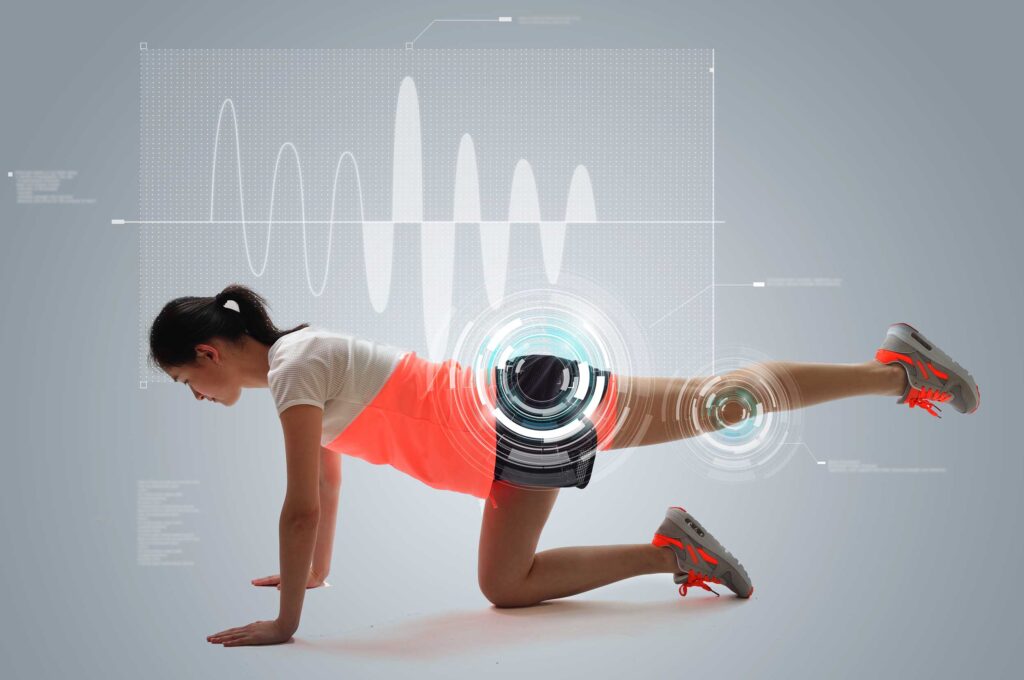How AI can help athletes up their game

“One of the things I am most looking forward to is the opportunity for sport scientists to communicate with each other, while giving those who are in the high-performance world – athletes, coaches, etc. – an opportunity to receive cutting edge and applicable new knowledge,” says Ira Jacobs, a professor in the Faculty of Kinesiology & Physical Education at U of T and the inaugural Director of the Tanenbaum Institute for Science in Sport (TISS).
TISS was launched in May 2022 through a generous $20 million gift from the Larry and Judy Tanenbaum Family Foundation. A year later, TISS appointed Joe Baker as the inaugural Tanenbaum Research Chair in Sport Sciences, Data Modelling and Sport Analytics to drive the Institute’s work on data analytics.
Jacobs and Baker both recently participated in a TISS speaker series panel on how AI can be used to optimize athletic performance, and whether the benefits of integrating AI into sport science outweigh the challenges.
In an interview following the event, Baker stressed that for many professional teams, analytics is a game changer, and gave the example of a model that could accurately predict an athlete’s injury risk, which would be considered the ‘holy grail’ of sports analytics.
According to Baker, until recently researchers have not had the statistical and computing tools to be able to explore the relationships that affect an athlete’s ability to perform in an optimal way at a specific time, because it is such a complex interaction of physiological, biomechanical and psychological systems, among others; but AI is changing this.
“AI has the potential to help us understand the interaction of these systems over time and across development so that we can build stronger models of athlete skill acquisition and performance,” says Baker.
Guided by the principles of open science, TISS is sharing its insights, analysis, interventions and innovations with sporting organizations, government and industry partners, coaches, athletes, and the public, becoming a global hub for knowledge dissemination in sport science and sport medicine.